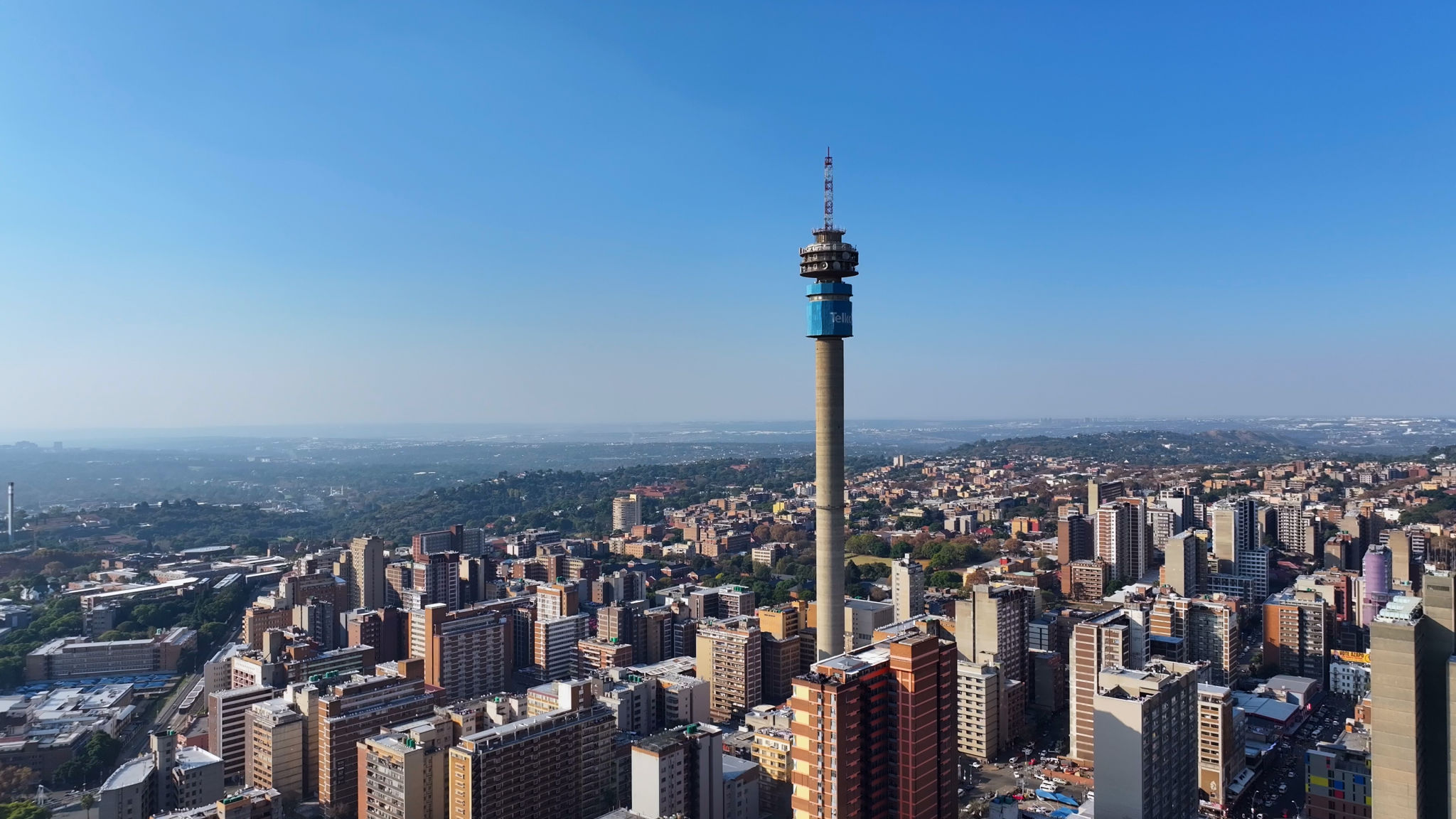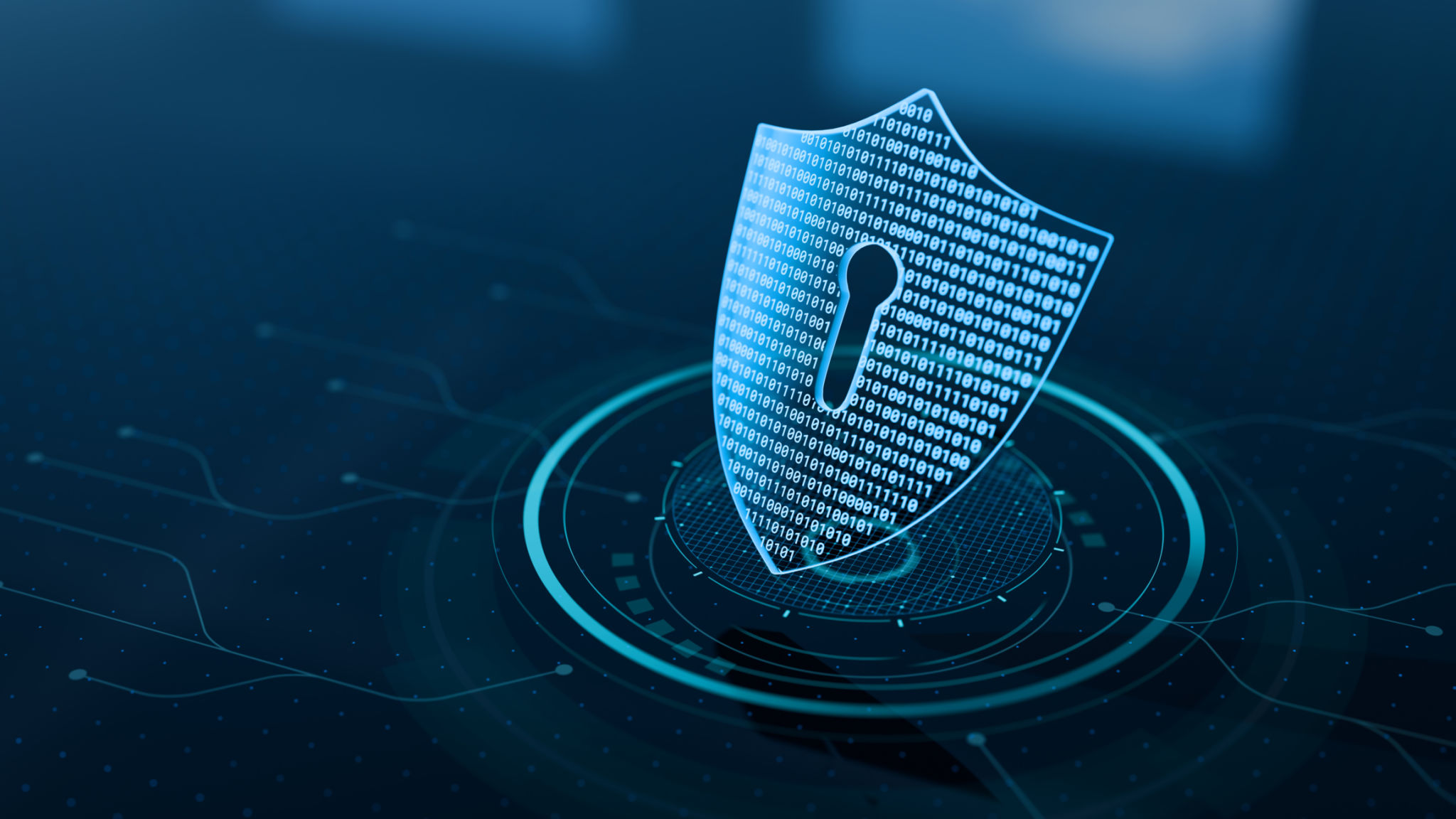Understanding the Impact of Local Regulations on IT Infrastructure in Johannesburg
Introduction to Local Regulations in Johannesburg
Johannesburg, the economic hub of South Africa, is a city that thrives on innovation and progress. However, for businesses operating in the IT sector, understanding local regulations is crucial. These regulations can significantly impact IT infrastructure, and compliance is often a key factor in operational success.
Local regulations in Johannesburg are designed to ensure safety, efficiency, and sustainability. However, the complexity of these laws can pose challenges for IT companies looking to set up or expand their infrastructure. In this blog post, we will explore the intricacies of these regulations and their implications for IT infrastructure.

Key Regulatory Bodies and Frameworks
In Johannesburg, several regulatory bodies govern the IT sector. The primary entities include the Independent Communications Authority of South Africa (ICASA) and the Department of Communications and Digital Technologies. These bodies establish frameworks that IT companies must adhere to, covering aspects such as data protection, cybersecurity, and telecommunications.
The Electronic Communications Act is one key piece of legislation that governs the IT landscape. It outlines the requirements for licensing and compliance in telecommunications and broadcasting services. For businesses, understanding these legal frameworks is essential for maintaining lawful operations.
Data Protection Regulations
With the rise of digital transformation, data protection has become a critical concern for companies in Johannesburg. The Protection of Personal Information Act (POPIA) is South Africa's data protection law that regulates how businesses should handle personal information. Compliance with POPIA is mandatory, and failure to do so can result in severe penalties.

Impact on IT Infrastructure Development
Local regulations directly influence the development and deployment of IT infrastructure. Companies must ensure that their infrastructure meets specific standards to avoid legal repercussions. This includes considerations for data centers, network installations, and cloud services.
For example, when establishing a data center, companies must comply with zoning laws and environmental regulations. Additionally, there are specific guidelines regarding energy consumption and waste management that must be adhered to, ensuring sustainability and minimal environmental impact.
Challenges and Compliance Strategies
Adhering to local regulations can pose several challenges for IT companies. Navigating the complex legal landscape requires a thorough understanding of both local laws and international standards. Companies often face hurdles related to resource allocation, cost management, and maintaining operational efficiency while ensuring compliance.

To overcome these challenges, businesses can adopt several strategies. Engaging with legal experts who specialize in local IT regulations can provide valuable insights and guidance. Investing in employee training programs focused on compliance can also help ensure that all staff members are aware of their responsibilities.
The Future of IT Infrastructure in Johannesburg
The future of IT infrastructure in Johannesburg looks promising as the city continues to evolve into a tech hub. With advancements in technology and a growing emphasis on innovation, local regulations are expected to adapt accordingly to support this growth. Businesses that proactively align their strategies with regulatory requirements will be better positioned to capitalize on emerging opportunities.
Understanding the impact of local regulations is not just about compliance; it's about leveraging this knowledge to gain a competitive edge. By staying informed and adaptable, IT companies can contribute to Johannesburg's vision of becoming a leading digital city.
